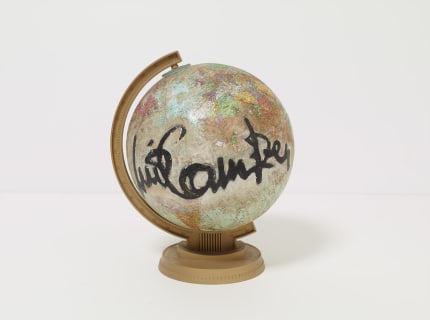When I was in sixth grade, a teacher who I still remember fondly asked us to draw something we had never drawn before. She thought she would be freeing us from the boring, regimented assignment format and release our natural Rousseauian purity. She was wrong. We all froze and couldn’t even make a scribble.
Twenty-five years later I gave my students ten minutes to come up with an original idea. These were very uncomfortable minutes for them, but I knew that. I wasn’t expecting anything. The assignment was only an excuse to discuss the many meanings of originality, the underlying issues of competitiveness, and the consequences of individualism.
A couple of years ago, I was invited to be on a panel about art and education. Out of curiosity I asked what the honoraria would be, and I was told that the institution wasn’t paying. I responded that I wouldn’t do it for free and that they would have to wire one dollar to my bank account to maintain my dignity. My punch line was: “I am not a philanthropist but a knowledge worker.” I previously had been, in sequence, a sculptor, a printmaker, an artist, and a cultural worker. During this exchange, however, I realized that none of those past iterations really mattered. They had only been steps toward the present insight that what was important was to work on knowledge. And this work was not necessarily to contribute anything to the field of knowledge, but to facilitate it.
...
Read full article at e-flux.com.

